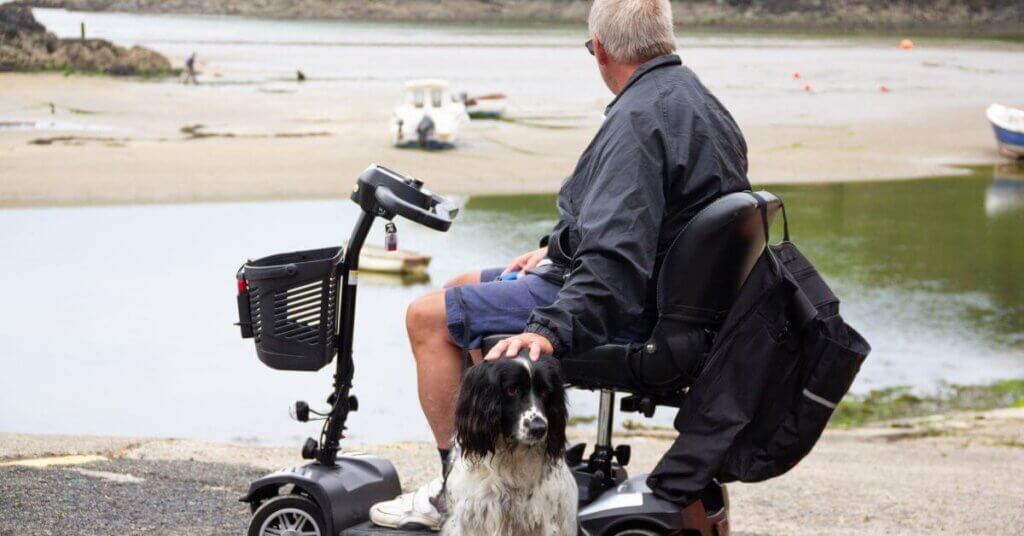Spending time outside can do wonders for our mental and physical health—but for people living with disabilities or limited mobility, outdoor activities haven’t always felt accessible. The good news? That’s changing. Today, more parks, trails, and recreational programs are becoming adaptive and inclusive, offering everyone the chance to enjoy nature and reduce stress.
Whether it’s a ride through the park in an accessible van, fishing at a wheelchair-friendly dock, or rolling through a paved trail in a nature preserve, the outdoors has something for everyone.
Why Nature Helps with Stress
Being in nature is more than just relaxing—it’s backed by science. Studies show that spending time outdoors can lower blood pressure, reduce anxiety and improve mood. Natural light helps regulate sleep cycles, fresh air supports better breathing and simply hearing birds or feeling a breeze can create a calming effect on the body and mind.
For people living with disabilities, especially those adjusting to life changes or managing chronic conditions, these benefits can be particularly powerful. Time outside offers a break from routines, medical appointments, and screens, reconnecting us with something bigger than ourselves.
Adaptive Outdoor Activities That Make a Difference
There are many ways to enjoy nature with the help of adaptive equipment or accessibility-focused planning. Some options include:
- Accessible hiking and nature trails: Many state and national parks now have paved or packed gravel trails designed for wheelchair users, walkers or strollers.
- Fishing and boating: Adaptive fishing gear and wheelchair-friendly boat launches make it easier to enjoy water activities.
- Adaptive cycling: Hand cycles and tandem bikes allow riders of varying abilities to explore bike paths and parks.
- Gardening: Community gardens often offer raised beds for easier access and a peaceful, sensory-friendly environment.
- Outdoor yoga or tai chi: Gentle, modified movement in a calming outdoor space can support mental clarity and physical strength.
No matter your mobility level, the key is finding an activity that works for you and brings you joy.
The Role of Accessible Vehicles & Equipment
Getting to your favorite outdoor spots is a big part of the adventure—and accessible transportation can make all the difference. At MobilityWorks, we help individuals and families find wheelchair accessible vehicles that support an active, independent lifestyle. Whether you’re headed to a park, a trail, or a weekend getaway, having a vehicle that fits your mobility needs helps make those plans possible.
For those who need extra support once they arrive, mobility scooters can be a great solution. Compact, easy to use and ideal for paved trails, events, or parks, scooters provide a convenient way to explore the outdoors comfortably and confidently.
Spending time in nature isn’t just a luxury, it’s a form of self-care and a proven way to reduce stress. Adaptive outdoor activities give people of all abilities a chance to connect with the world around them and experience the mental, emotional and physical benefits that come with it. With the right mobility tools, enjoying nature becomes less of a challenge—and more of a freedom!

